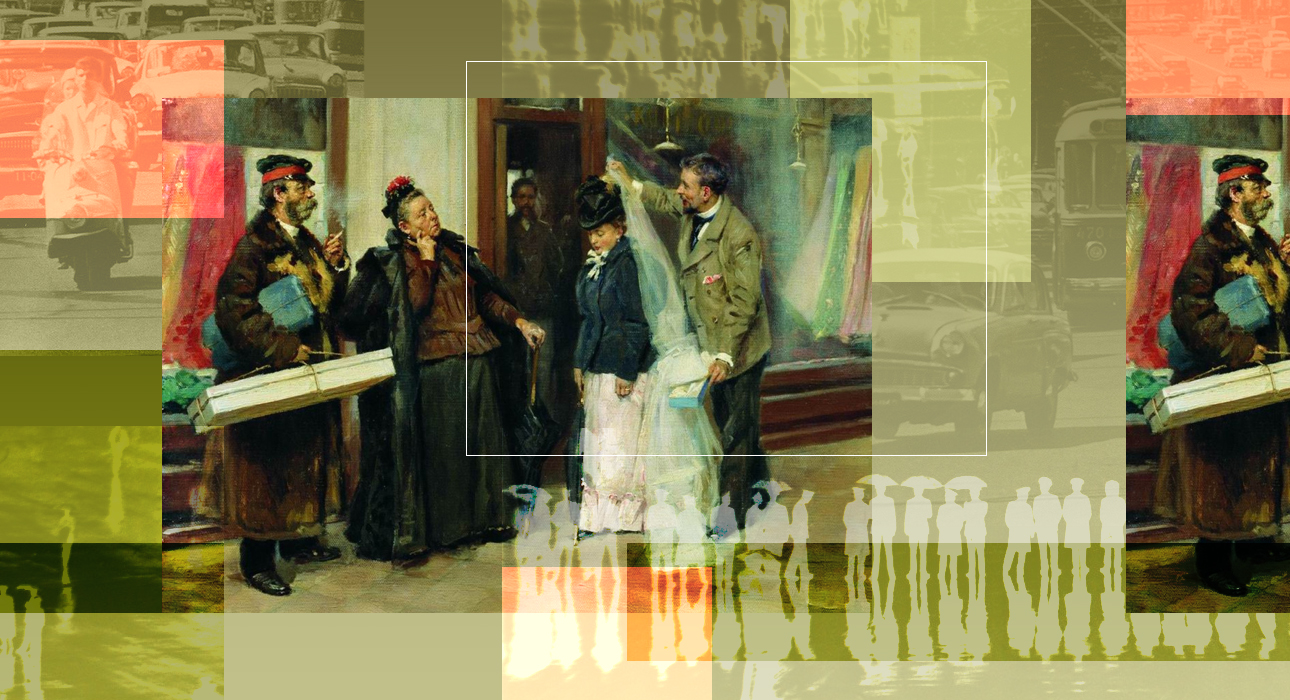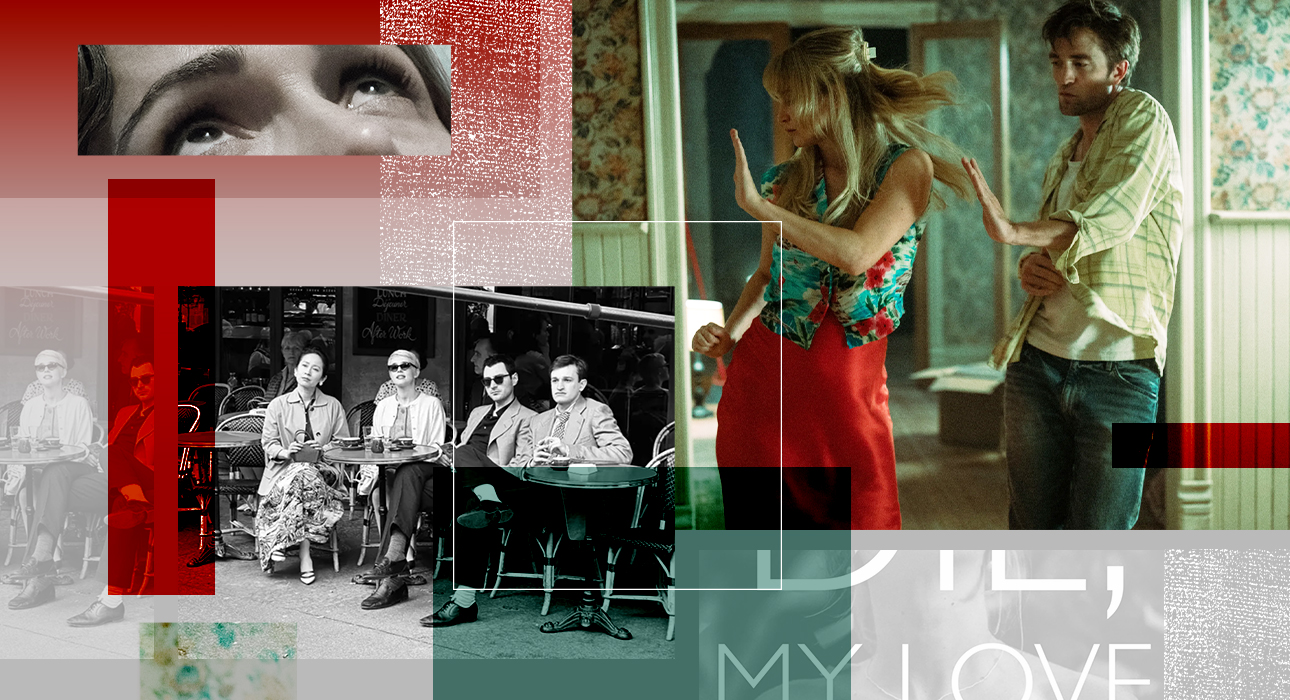On March 19, Prince William and Kate Middleton landed at the Belize airport for an eight-day tour that took them to several Caribbean countries. The Duke and Duchess of Cambridge were chosen to embark on this official journey on behalf of the Crown to commemorate Queen Elizabeth II’s Platinum Jubilee. A tour that turned out not to be as satisfying as they’d imagined, and they came back feeling it hadn’t gone to plan. It was a state trip full of PR flaws, with the strong Republican sentiment prevalent in some of the countries they visited leading the Duke and Duchess of Cambridge to face several protests linked to British colonialism.
And it is that which remains their last state trip to this day, as members of the British Crown, away from the islands, did not get off to a good start. Guillermo and Kate’s initial itinerary through the Caribbean had planned to land in Belize on Friday afternoon to visit a cocoa farm on the Akte’iL Ha estate, but given the demonstrations and protests staged that day by villagers organized from Indian Creek, the Dukes of Cambridge were forced to cancel. “We don’t want them to land on our land. That is the message we want to convey. They could land anywhere, but not on our land,” declared the region’s president, Sebastian Shol, at the time, saying that the mere presence of the Cambridges on their territory was a “sign of colonialism” and a “blow in the face” was. for his compatriots.
Prince William was already thinking about the future governability of some Caribbean regions at the end of his tour, aware of the problems his visit had caused in some countries. “I know this tour has raised even more questions about the past and the future. In Belize, Jamaica and the Bahamas, it’s up to the people to decide that future,” he said at the time. A few days ago, the future heir to the throne thought again about the matter in an official act that took place in South London on the occasion of the Windrush Day celebrations. “Our trip to the Caribbean was an opportunity to reflect and we learned a lot, not only about the various issues that matter most to the people of the region, but also how the past weighs heavily on the present,” the son of Prince Charles said bluntly.
This week, just as three months have passed since his controversial state trip to the Caribbean countries, People magazine published the exact figure referring to the cost to British taxpayers that this trip by the Duke and Duchess of Cambridge. The British Crown has spent a total of $275,000 to fund William and Kate’s eight-day tour of the Caribbean. His route through Belize, Jamaica and the Bahamas was the most expensive state trip of the entire British royal family so far this fiscal year. Second place is taken by Prince Charles’ trip to Barbados last November to attend a ceremony marking the transition from a country preparing to cease to be a Commonwealth kingdom, to Queen Elizabeth II as head of state. † to become an independent republic with its own president. A move that cost the British Crown $168,000.
The aforementioned English tabloid has also uncovered some aggregated expenses related to various members of the royal family, among which are worth noting at least the following: a total of 179 private helicopter flights that cost an expense of $1.1 million or 24 charter flights worth $341,000. A sharp increase from last year, which the Palace justifies by stating that the royal family has had to make an increased number of trips and state trips this year due to the relaxation of the anti-covid measures introduced during the pandemic.
A high-level royal source has confessed that: People that the goal of several family members is to try to reduce their CO2 emissions as much as possible as part of their contribution to the environment. “We will benefit from some of the things we have learned during the pandemic, such as virtual obligations,” he confessed to the British magazine, while acknowledging that “there is no substitute for physical obligations”.
Source: Marie Claire
Elizabeth Cabrera is an author and journalist who writes for The Fashion Vibes. With a talent for staying up-to-date on the latest news and trends, Elizabeth is dedicated to delivering informative and engaging articles that keep readers informed on the latest developments.





